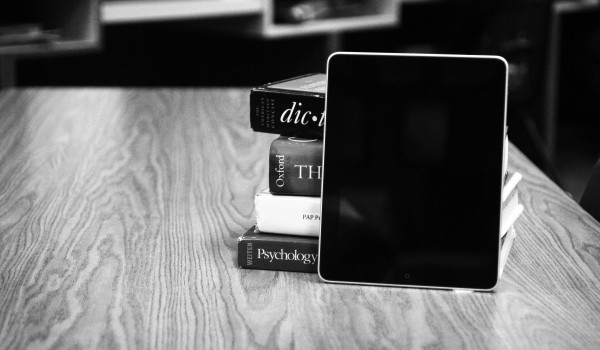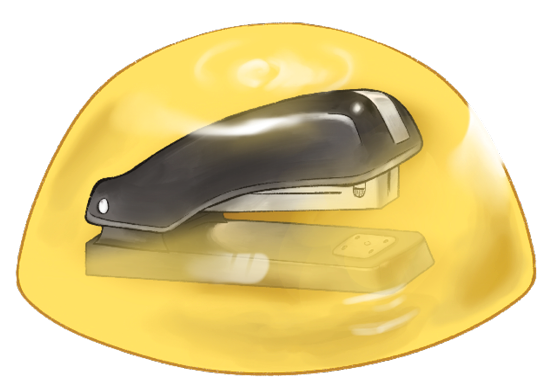By the time midterms roll around in a few weeks, the average AP World History classroom will be changed forever. At the beginning of the second nine weeks, the school district will be replacing all of the AP World textbooks with brand new, glossy iPads. AP World History students will not have to worry about an overload of heavy textbooks or filling out textbook damage reports.
“The idea is that the district as a whole will be moving to electronic textbooks as opposed to paper textbooks,” AP World History teacher Danelda Crouse said. “And we are the guinea pigs.”
AP World History students will be the first to test the new concept this semester. According to Crouse, since there are only around 1,000 students in the AP World History program district wide, the school board feels that the small group of students will be able to test the program effectively, and report on any negative aspects.
Printed textbooks are adopted, or purchased, every seven to 10 years. Due to the continuous changes in history, it has been particularly hard in the past to keep all social studies textbooks up to date, Crouse said.
In addition, the College Board has recently redesigned the entire AP World History course this year. Instead of creating a new textbook, the district decided to begin the shift from paper textbooks to an online version.
The state wants to be able to update courses as needed, instead of having teachers teach out of outdated textbooks. The iPads will allow this.
According to the Executive Director of Curriculum and Instruction for LISD, Laurie Rapp, the iPad will be a great addition to the high school classroom.
“The district can adopt a wide variety of materials, such as electronic [resources],” Rapp said. “This is our first opportunity… to instead of adopting a printed book, to adopt an electronic textbook.”
Students will be able to bring the iPads to and from school everyday while in class. The iPads will connect to the school’s WiFi system when in use and will allow students to utilize the schools “Bring Your Own Technology” program, or BYOT.
“[The school board] likes the fact that because we have BYOT, students can utilize their own devices too,” Rapp said. “We don’t have to wait for the school district to buy iPads for everybody. If you have your own, hopefully in a couple of years, you will be able to download your own content to them.”
With the school issuing technology to the students, it will level the field so that everyone will be able to participate in all technological activities.
“One of the problems right now with technology is that not everybody has it,” Crouse said. “By issuing every student an iPad …there will be no question about having to share. This will be a help to make sure that everyone has technology.”
By introducing electronic textbooks, with a constantly updated database, they will be the primary learning tool in classrooms.
“Our thought is that in the next 10 years, you will see [paper] textbooks go by the wayside,” Rapp said.
The decision as to which types of textbooks, such as iPads, Nooks or Kindles, that will be in the classrooms is up to the textbook publishers.
“You would be surprised at the number of publishers who do not have their books ready to go digitally,” Rapp said.
By estimation, it will take several years to see exactly into what format the publishers put their content in, but for now the iPads will meet the requirements of the AP World History students.
Not only will the electronic books better support the needs of students, but in the long run, it will be easier on the school board’s pocket books, Rapp said.
“What we have found now with the digital content that is out there is that it is cheaper to buy digital licenses for a certain number of years tha to buy an actual printed textbook,” Rapp said.
According to the school board, the district would pay for insurance for damaged or broken electronics issued to students.
The next textbooks to be adopted will be those of the science classes next year. As for now, the school board is trying to increase the student use of technology and to make sure that it is being used properly.




